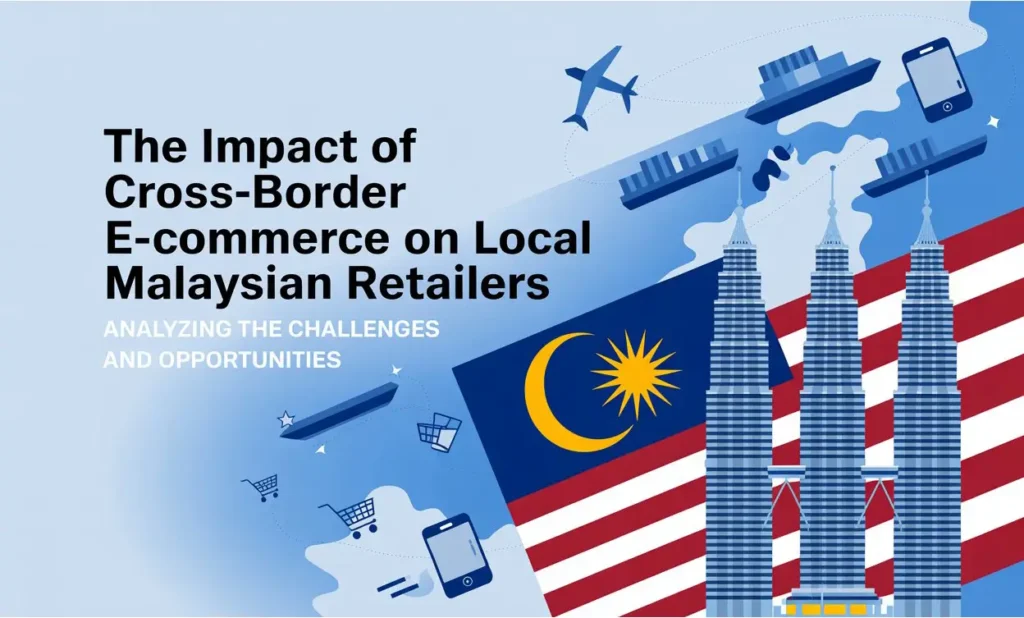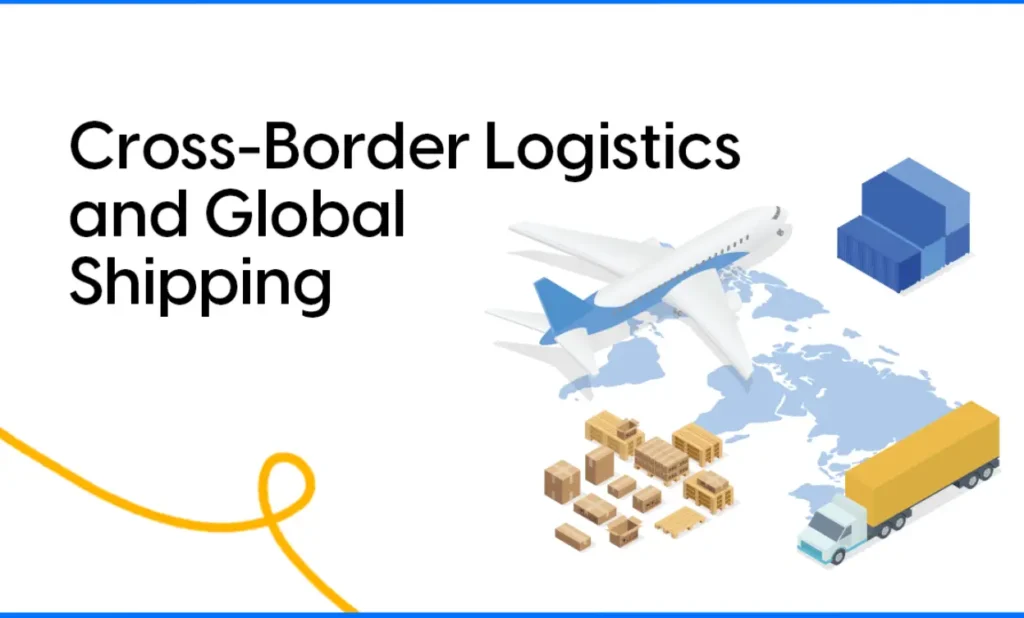
Shifting Retail Landscapes in Malaysia
In recent years, cross-border e-commerce has reshaped the retail industry across Southeast Asia, and Malaysia stands at the heart of this transformation. As more consumers flock to international platforms for convenience, variety, and competitive pricing, local Malaysian retailers are experiencing profound disruptions to traditional business models. The rise of digital marketplaces, global shipping capabilities, and changing consumer behaviors all contribute to a new economic paradigm.
Understanding Cross-Border E-Commerce in the Malaysian Context

Cross-border e-commerce refers to online trade between businesses or consumers across national borders, facilitated by platforms such as Lazada, Shopee, Alibaba, Amazon, and eBay. For Malaysian consumers, this means access to a global marketplace from Korean cosmetics and Chinese gadgets to American fashion and European tech.
With Malaysia’s high internet penetration rate, mobile-first consumer base, and strategic location in the ASEAN region, cross-border transactions have skyrocketed, appealing to a tech-savvy population eager for global goods.
Challenges Faced by Local Malaysian Retailers

1. Price Undercutting and Profit Margin Squeeze
Foreign sellers often benefit from economies of scale, lower production costs, and government subsidies, enabling them to offer products at prices that local sellers cannot match. As a result, Malaysian retailers struggle to maintain competitiveness while preserving profitability. Many find themselves forced to reduce prices, undermining their bottom line and long-term viability.
2. Erosion of Brand Loyalty
Malaysian consumers increasingly prioritize value, variety, and availability over loyalty to local brands. This shift is driven by slick international marketing, influencer promotions, and aggressive discounting from foreign sellers. Consequently, local retailers face a steep uphill battle in building and retaining customer loyalty, especially among younger generations.
3. Limited Product Assortment and Supply Chain Constraints
Unlike international giants with extensive supply chains, local retailers may struggle to diversify their offerings. Inventory limitations, customs delays, and high import duties create further operational headaches. The result? Lost sales opportunities and customer churn to foreign platforms offering faster delivery and more extensive product catalogs.
4. Regulatory and Taxation Disparities
The regulatory environment in Malaysia often creates an uneven playing field. While local retailers are bound by GST, SST, and compliance costs, many foreign e-commerce players enjoy tax exemptions or operate in regulatory grey zones. This disparity makes competition structurally unfair and stifles domestic entrepreneurship.
Opportunities for Local Retailers Amid the Cross-Border Boom

Despite the challenges, cross-border e-commerce also unlocks new avenues for local Malaysian retailers. Those willing to adapt, innovate, and digitize their operations can tap into both domestic and international markets.
1. Embracing Digital Transformation
By leveraging e-commerce platforms, mobile apps, and AI-driven marketing tools, local retailers can enhance customer experience and operational efficiency. Tools like Shopify, EasyStore, and WooCommerce, combined with data analytics and CRM systems, allow for personalization, better inventory management, and streamlined customer service.
2. Exporting ‘Made-in-Malaysia’ Products
The global demand for halal-certified goods, tropical health supplements, local crafts, and ethnic foods presents a golden opportunity for Malaysian brands. By tapping into cross-border platforms, retailers can reach new audiences in Indonesia, the Middle East, China, and beyond.
3. Forming Strategic Alliances
Collaboration is key. Local retailers can partner with regional logistics firms, payment gateways, and digital marketing agencies to expand their capabilities. Joint ventures with regional players can lead to cost savings, knowledge transfer, and access to new technologies.
4. Leveraging Government Support
Various government bodies, including MDEC, MATRADE, and SME Corp, provide funding, training, and incentives to help Malaysian businesses go digital and global. Retailers must actively seek out e-commerce acceleration programs, export grants, and digital upskilling initiatives to remain competitive.
Cross-Border E-Commerce and Consumer Behavior Shift

Malaysian consumers today are highly informed, price-sensitive, and convenience-driven. Social media and online reviews play a crucial role in influencing purchasing decisions. Instant gratification has become the norm, with expectations for same-day or next-day delivery, seamless returns, and responsive customer service.
This evolving behavior demands that local retailers redefine the customer journey from SEO-optimized product listings and mobile-first websites to omnichannel integration and fast logistics. Failure to meet these expectations could lead to rapid customer attrition to international players.
Logistics and Fulfillment: The Key Battleground

One of the main differentiators in cross-border e-commerce is logistics efficiency. Global players offer door-to-door tracking, warehousing, and customs handling that reduce delivery times dramatically. Local retailers must invest in last-mile delivery partnerships or join fulfillment programs like Fulfilled by Lazada (FBL) to compete effectively.
In addition, using automated warehouse systems, AI-driven route planning, and drop-shipping models can reduce operational costs while improving delivery speed.
Strengthening Local Identity and Value Proposition

To thrive in this environment, local retailers must emphasize their unique selling points:
- Authenticity and trustworthiness
- Faster local delivery compared to international shipping
- Cultural relevance and community support
- Eco-friendly or socially conscious production
- Customer service in Bahasa Malaysia and local dialects
By building a strong brand narrative around these pillars, Malaysian businesses can reconnect with local consumers and differentiate themselves from foreign competitors.
The Role of Social Commerce and Influencers

Platforms like TikTok Shop, Facebook Marketplace, and Instagram Shopping are reshaping how products are discovered and sold. Influencer marketing, live-streaming, and user-generated content are now essential tools for boosting visibility and building trust.
Local retailers can collaborate with micro-influencers, bloggers, and content creators to tap into niche communities, increase engagement, and drive conversions without relying heavily on traditional advertising.
Future Outlook: Adaptation Is No Longer Optional
The impact of cross-border e-commerce on Malaysian retailers is both disruptive and transformative. While foreign competition is intensifying, the tools for adaptation are readily available. The retailers who digitize operations, innovate business models, and think globally will not only survive — they will thrive.
The time to act is now. Adaptation is not a luxury but a necessity in Malaysia’s fast-evolving retail ecosystem. Shifting Retail Landscapes in Malaysia
